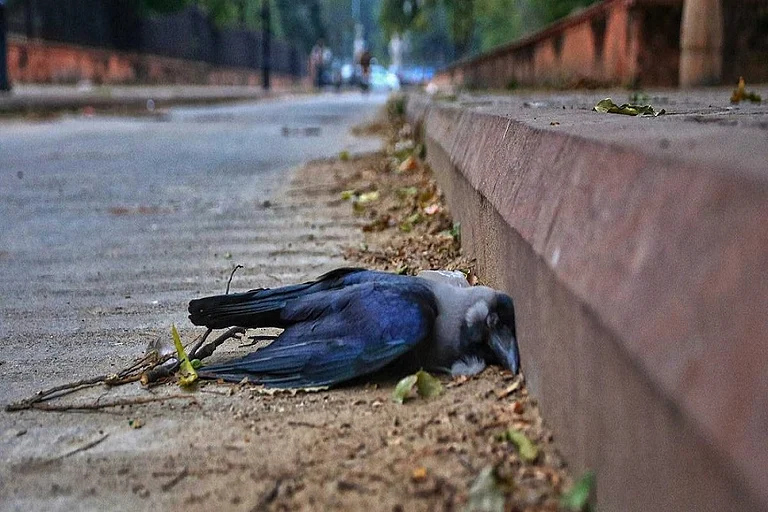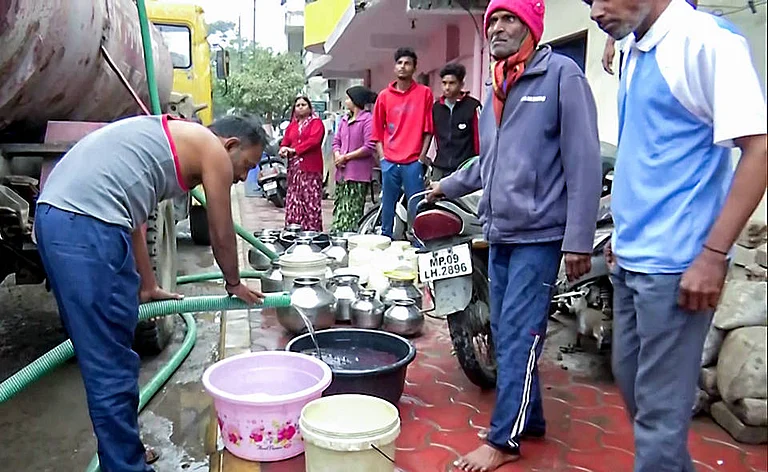Bird flu has been confirmed in ten penguins on South Georgia, a renowned wildlife sanctuary, adding to concerns about the impact of the virus on the island's diverse ecosystem.
The British Overseas Territory, known for its stunning wildlife, has been grappling with avian influenza cases among seabirds and mammals. However, the recent detection of the virus in gentoo and king penguins signals a new and potentially devastating development.
Dr. Norman Ratcliffe, a bird ecologist from the British Antarctic Survey, likened South Georgia to a biodiversity hotspot, highlighting the significance of its wildlife concentrations. The virus's presence poses a significant conservation concern, particularly considering the island's status as a breeding ground for millions of seabirds and seals.
High Pathogenicity Avian Influenza (HPAI) has been a persistent threat globally, with the H5N1 strain causing widespread mortality among wild and domesticated birds. While Antarctica and its outlying islands have remained relatively untouched due to their isolation, the recent outbreaks signal a shift in the situation.
The virus was first identified on South Georgia in October 2023, affecting scavenging seabirds such as brown skuas and kelp gulls. Subsequent cases were reported in elephant and fur seals, as well as Antarctic terns and wandering albatrosses. The recent confirmation of infections in penguins underscores the virus's expanding reach and impact.
The outbreak's potential consequences are worrisome, particularly for penguin populations vulnerable to the virus's spread. Scientists are closely monitoring how different species, including kings, gentoos, macaronis, and chinstraps, interact with the virus. The varying behaviors and habitats of these species will influence their susceptibility to infection and the virus's transmission dynamics.
Surveillance efforts are underway, bolstered by collaboration with cruise ships operating in Antarctic waters. The International Association of Antarctica Tour Operators (IAATO) has implemented enhanced protocols to prevent disease transmission, emphasizing the importance of rapid information sharing and coordinated response efforts.
As researchers work to understand the virus's impact on penguin populations and its potential spread, vigilance and proactive measures are crucial to safeguarding South Georgia's delicate ecosystem and its iconic wildlife inhabitants.
















.png?auto=format%2Ccompress&fit=max&format=webp&w=376&dpr=2.0)













